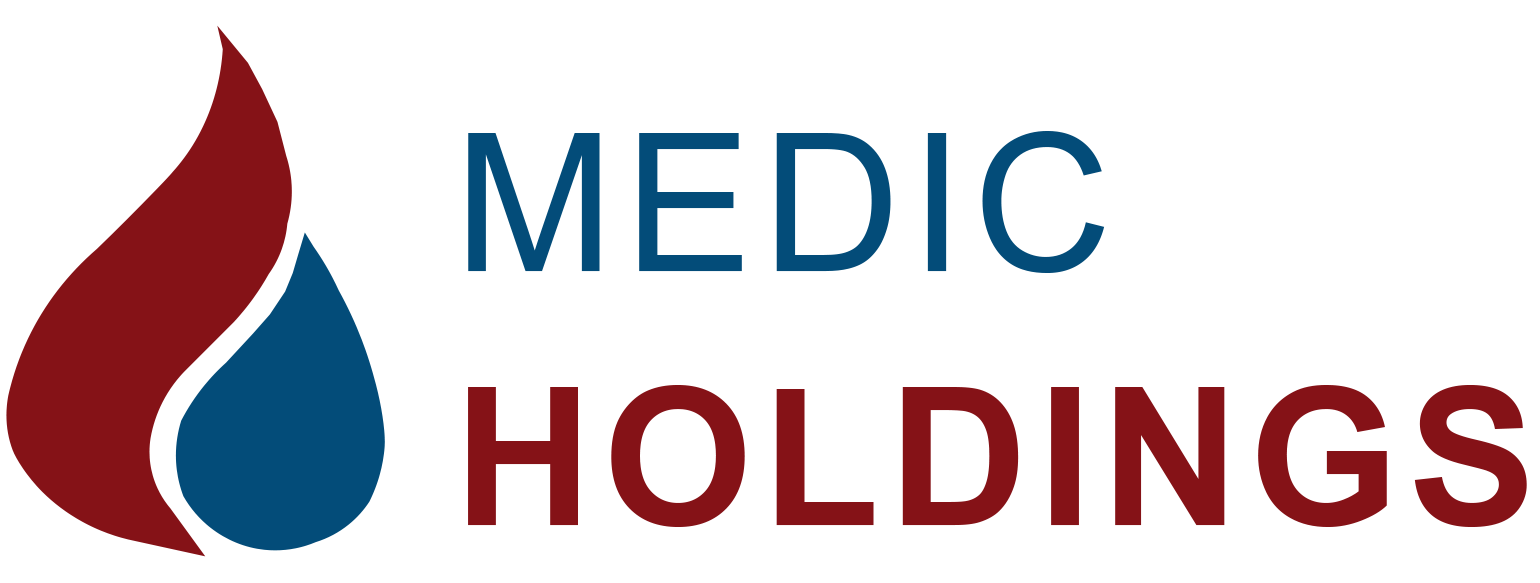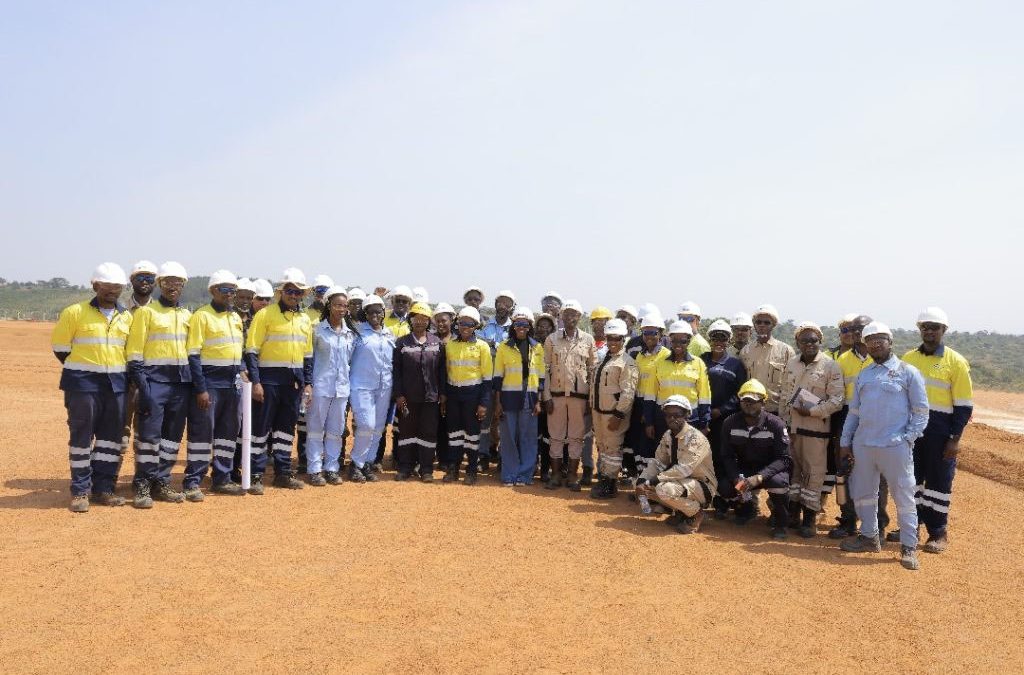In March 2024, the Petroleum Authority of Uganda (PAU) officially announced that Ugandan companies had been awarded contracts worth over $1.8 billion under the country’s oil development projects. This announcement not only reinforced Uganda’s commitment to the “Buy Uganda, Build Uganda” (BUBU) policy but also highlighted the immense potential for national economic transformation through strategic local participation in the oil and gas sector.
With the oil industry progressing toward commercial production, particularly after Uganda’s 2022 Final Investment Decision (FID) on upstream and midstream infrastructure, the inclusion of local firms marks a significant milestone in achieving inclusive economic growth, capacity development, and sustainable industrialization.
This detailed article explores the significance of the $1.8 billion local content allocation, outlines the sectors involved, profiles key beneficiaries, and highlights what this means for the future of Uganda’s economy—with a special focus on how companies like Medic Holdings Limited are strategically poised to support and benefit from this development.
Background: Uganda’s Journey to First Oil
Uganda’s journey toward oil production has been long but deliberate. Key milestones include:
-
2006: Discovery of commercial oil reserves in the Albertine Graben.
-
2013: Enactment of the Petroleum Exploration and Production Act, and the Midstream Act.
-
2021: Passage of the EACOP (East African Crude Oil Pipeline) Bill.
-
February 2022: Final Investment Decision (FID) signed by TotalEnergies, CNOOC, and UNOC.
-
March 2024: Announcement that local firms had secured $1.8 billion in contracts.
Uganda is developing two major upstream fields—Tilenga and Kingfisher—and the EACOP pipeline, all of which are scheduled to deliver first oil by 2025.
The Local Content Push: A Strategic Economic Policy
Uganda’s local content policy, embedded in its petroleum legislation, aims to:
-
Maximize local participation in the oil value chain
-
Build national capacity in key technical and service sectors
-
Promote job creation, skills development, and technology transfer
-
Retain capital within the Ugandan economy
The Petroleum Authority of Uganda mandates international oil companies (IOCs) to allocate a minimum of 30% of contracts to Ugandan entities in eligible sectors.
The March 2024 report confirmed that more than 400 local entities had already benefitted from oil-related contracts totaling $1.8 billion, covering a broad spectrum of services from logistics and construction to catering and environmental management.
Breakdown of the $1.8 Billion in Local Contracts
The contracts awarded span across upstream, midstream, and support services. Key categories include:
1. Logistics and Transport – $450 Million
-
Fuel supply
-
Equipment and personnel transport
-
Warehousing
-
Fleet management
-
Customs clearing and forwarding
2. Civil Works and Construction – $500 Million
-
Site preparation and grading
-
Camp construction
-
Roads, bridges, and temporary infrastructure
-
Pipe yards and support facilities
3. Catering and Hospitality – $150 Million
-
Meals for on-site workers
-
Accommodation facilities
-
Recreational support
4. Waste Management and Environmental Services – $200 Million
-
Hazardous waste disposal
-
Site clean-up and spill management
-
Environmental assessments
-
Biodiversity protection
5. Security and Surveillance – $120 Million
-
Armed and unarmed guards
-
Access control systems
-
CCTV and drone surveillance
6. Mechanical and Electrical Services – $380 Million
-
Welding and fabrication
-
Pipe installation
-
Electrical systems and automation
-
HVAC installation
Medic Holdings, with its capabilities in petroleum distribution, logistics, environmental safety, and supply chain solutions, aligns perfectly with several of these categories—particularly fuel supply, logistics, and fleet safety management.
Key Beneficiaries and Industry Champions
While the full list of awardees remains extensive, several Ugandan companies have emerged as notable local content champions:
1. Pearl Engineering Company Ltd
-
Awarded contracts for civil works and mechanical installations in the Tilenga field
2. GMC Logistics
-
Managing transportation and warehousing for TotalEnergies
3. Luwero Industries (subsidiary of NEC)
-
Partnered in fabrication and industrial welding solutions
4. Uganda National Roads Authority (UNRA)
-
Contracted for road works and access improvement in the Albertine Graben
5. Medic Holdings Limited
-
Poised to serve as a critical fuel supplier and logistics partner during pipeline and infrastructure development, supported by our Dubai-based procurement arm, Meedek PTL FZE
These firms are proving that Uganda can meet international standards, handle complex project requirements, and deliver value within tight timelines.
The Role of PAU and Local Content Regulations
The Petroleum Authority of Uganda has been instrumental in ensuring compliance and monitoring:
-
All IOCs must submit local content plans and report quarterly on Ugandan participation.
-
Contracts are awarded through the National Supplier Database (NSD)—a transparent platform listing prequalified local suppliers.
-
Local content requirements are enforced by the Local Content Department within PAU.
Skills Development and Job Creation
In addition to contracts, the oil projects have created a wave of employment and skills development initiatives:
-
Over 12,000 Ugandans are currently employed in oil projects (upstream and pipeline construction)
-
More than 30 vocational training institutions have been upgraded with petroleum-relevant courses
-
Over 200 scholarships and internships have been provided in welding, electrical, instrumentation, and health & safety
Companies like Medic Holdings are leveraging these training programs to build an internal pool of certified, skilled workers across engineering, operations, and transport safety.
Strategic Role of Meedek PTL FZE in Dubai
Our subsidiary, Meedek PTL FZE, based in the Umm Al Quwain Free Trade Zone (UAE), has provided a valuable bridge to:
-
Source fuel-related materials, additives, safety equipment, and storage systems
-
Coordinate global procurement and shipping logistics
-
Engage with international banks and suppliers for financing and hedging
-
Ensure compliance with international HSSE standards
By integrating Dubai’s logistical advantage with Uganda’s demand, Medic Holdings is able to enhance efficiency, reduce lead times, and maintain quality assurance across the value chain.
Environmental and Safety Responsibilities
Local companies awarded contracts must also uphold the highest health, safety, and environmental (HSE) standards. This includes:
-
Environmental Impact Assessments (EIAs)
-
Waste disposal tracking
-
Emergency response plans
-
Routine safety audits
Medic Holdings has long maintained a robust HSSE framework. Our investment in fleet upgrades, emissions reduction, and driver training ensures we remain a trusted partner in high-stakes oil environments.
Challenges Facing Local Suppliers
Despite the success stories, several challenges still face local firms:
1. Limited Access to Capital
Many SMEs struggle with bid bonds, performance guarantees, and cash flow.
Solution: Government and private banks are working to launch specialized financing lines.
2. Technical Gaps
Some local companies still lack international certifications or experience.
Solution: PAU encourages joint ventures between local and foreign companies.
3. Supply Chain Disruptions
Global volatility has affected the availability of equipment and raw materials.
Solution: Companies like Medic, through Meedek PTL FZE, mitigate this risk via global procurement hubs.
How Medic Holdings Is Strategically Positioned
Medic Holdings is not just observing the transformation—we are part of it. Our strategic advantages include:
-
Bulk petroleum marketing experience across East Africa
-
Integrated supply chain for oil products and field operations
-
HSSE compliance and fleet modernization
-
Access to international markets through Dubai operations
-
A strong track record of regional distribution and logistics excellence
We are already engaging partners in TotalEnergies, CNOOC, and EPC contractors to offer tailored solutions in fuel supply, environmental compliance, safety training, and fleet logistics.
Conclusion: Building Uganda’s Future – One Contract at a Time
The allocation of $1.8 billion in oil contracts to Ugandan firms is more than a statistic—it is a statement of confidence in Ugandan industry, innovation, and capacity. It is a vision of a self-reliant, industrialized, and empowered nation.
Through collaboration, compliance, and strategic investment, Uganda is rewriting its economic narrative, and companies like Medic Holdings Limited are proud to be both contributors and beneficiaries of this historic transition.
As the country moves toward first oil in 2025, and as infrastructure continues to expand, the opportunities for local firms are only going to grow—both in scale and complexity. Our message to stakeholders is clear:
Uganda is ready. We are ready. Let’s build together.
Contact Medic Holdings Limited
📞 Call Us:
+256 782 097098 | +256 702 097098
📧 Email:
[email protected]
🌐 Offices:
Uganda (Headquarters) | Dubai (Meedek PTL FZE, Umm Al Quwain FTZ)

